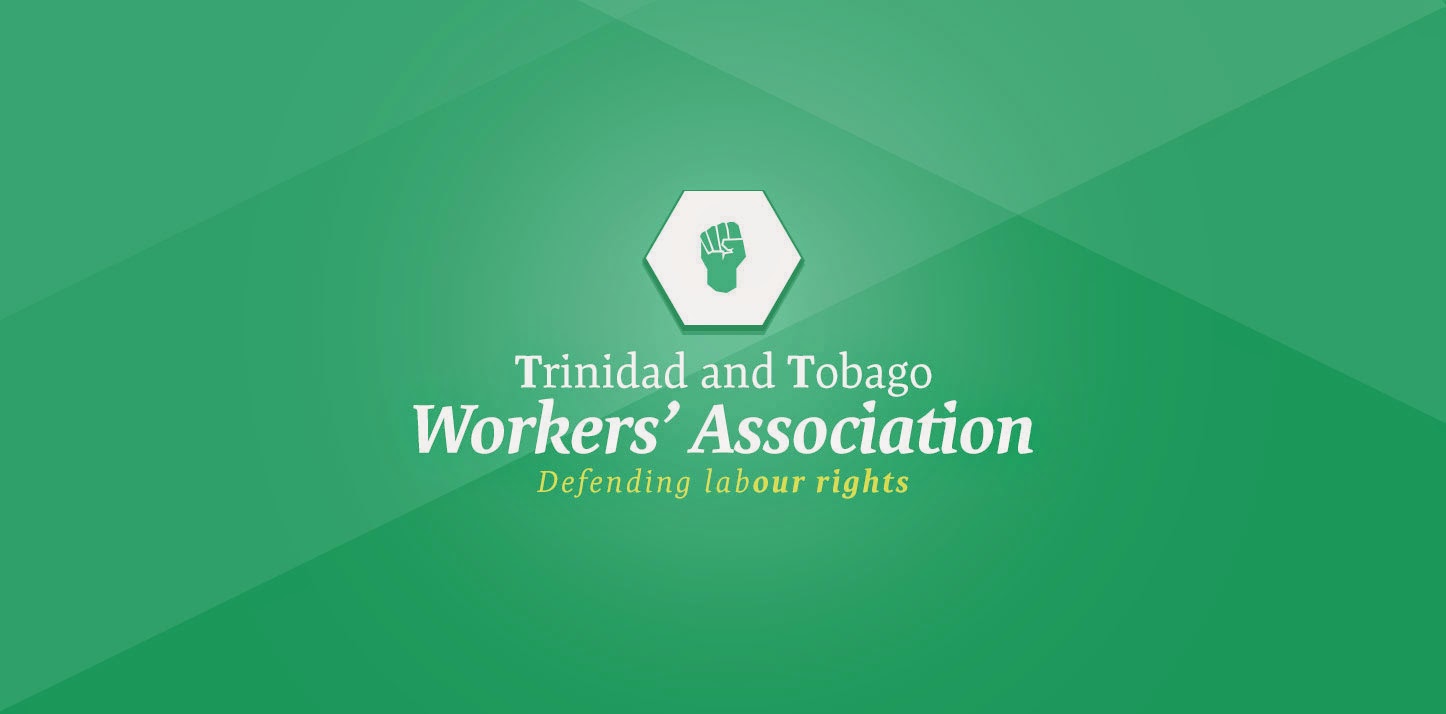Here's a list of the government ministries under the PNM government from 2015.
Office
of the Prime Minister
Dr. the Honourable Keith Rowley Prime
Minister of the Republic of Trinidad and Tobago
Minister
in the Ministry of the Office of the Prime Minister
Minister:
The Honourable Ayanna Webster-Roy
Office
of the Attorney General and Legal Affairs
Minister:
The Honourable Faris Al Rawi
Minister
in the Office of the Attorney General and Legal Affairs
Minister:
The Honourable Stuart Young
Ministry
of Agriculture, Land and Fisheries
Minister:
Senator the Honourable Clarence
Rambharat
Parliamentary
Secretary in the Ministry of Agriculture, Land and Fisheries
Senator
the Honourable Avinash Singh
Ministry
of Communications
Minister:
The Honourable Maxie Cuffie
Ministry
of Community Development, Culture and the Arts
Minister:
Dr. the Honourable Nyan Gadsby-Dolly
Ministry
of Education
Minister:
The Honourable Anthony Garcia
Ministry
of Energy and Energy Industries
Minister:
The Honourable Nicole Olivierre
Ministry
of Finance
Minister:
The Honourable Colm Imbert
Ministry
of Foreign and CARICOM Affairs
Minister:
Senator the Honourable Denis Moses
Ministry
of Health
Minister:
The Honourable Terrence Deyalsingh
Ministry
of Housing and Urban Development
Minister:
The Honourable Marlene McDonald
Ministry
of Labour and Small Enterprise Development
Minister:
Senator the Honourable Jennifer
Baptiste-Primus
Ministry
of Rural Development and Local Government
Minister:
Senator the Honourable Franklyn Khan
Ministry
of National Security
Minister:
The Honourable Major General (Retired) Edmund
Ernest Dillon
Ministry
of Social Development and Family Services
Minister:
The Honourable Cherrie-Ann
Crichlow-Cockburn
Ministry
of Planning and Development
Minister:
The Honourable Camille Robinson-Regis
Ministry
of Public Administration
Minister:
The Honourable Randall Mitchell
Ministry
of Public Utilities
Minister:
The Honourable Brigadier General (Retired) Ancil
Antoine
Ministry
of Sport and Youth Affairs
Minister:
The Honourable Darryl Smith
Ministry
of Tourism
Minister:
The Honourable Shamfa Cudjoe
Ministry
of Trade and Industry
Minister:
Senator the Honourable Paula Gopee-Scoon
Ministry
of Works and Transport
Minister:
The Honourable Fitzgerald Hinds




































